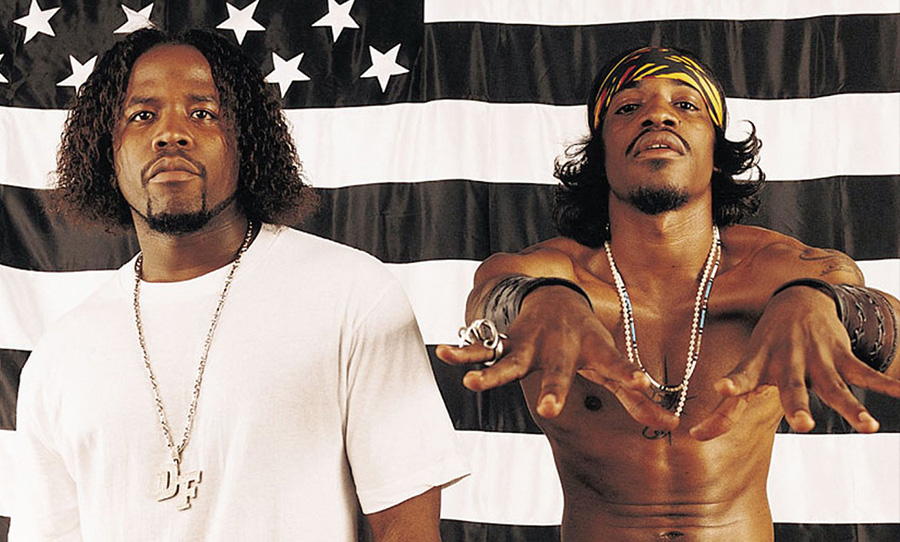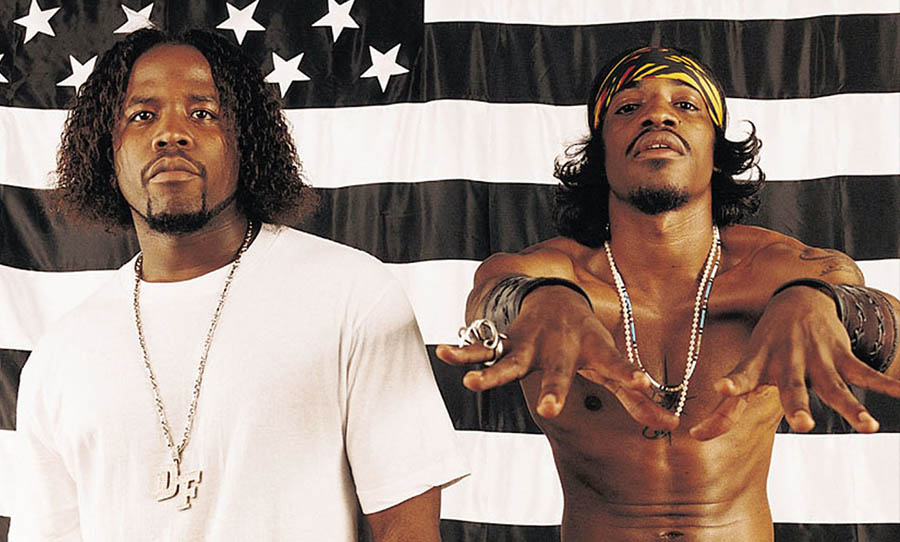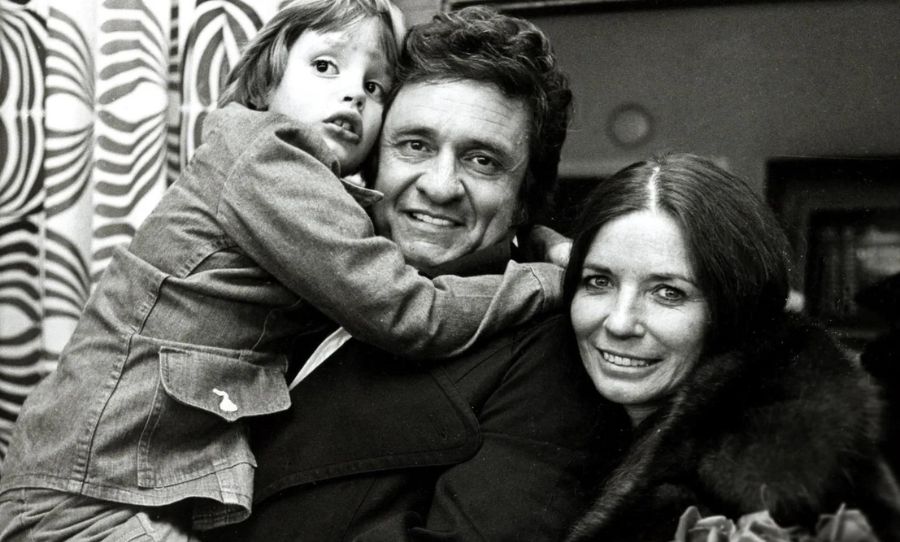In 1970, when George Clinton’s Mothership first landed on Earth, it unleashed a wholly new set of sounds upon the world; a menagerie of imagination and inventiveness. When the first Funkadelic album dropped, Clinton injected music with a much-needed dose of originality and ambition, effectively changing the industry forever. Outkast’s fourth studio album, Stankonia, had a similar effect.
Much like Clinton in the 70s, Outkast were completely disinterested in musical expectations. By the time the duo released their debut in 1994, a new set of limitations had appeared in music. Hip-hop albums were expected to sound a certain way, largely based on the location of their creator. But Outkast couldn’t have cared less about these limitations.

In the year 2000, on a Mothership named Stankonia, Outkast changed the game: we take a look at André 3000 and Big Boi’s iconic fourth album.
If the purpose of this article is to establish why Stankonia “mattered”, perhaps it’s fitting to imagine a world in which it never existed. Had André 3000 and Big Boi never released Stankonia, it could be argued that Frank Ocean never would have developed his distinct brand of music, nor Kendrick Lamar or Kanye West or Janelle Monae or any member of the Atlanta rap scene. In this nightmarish parallel universe, music—and more specifically hip-hop music—would be far more lacking in personality. A terrifying thought, indeed.
Stankonia is the pinnacle of Outkast’s groundbreaking blend of sounds. Although their previous three albums were undeniably spectacular, this sprawling 24-track album is the purest distillation of their musical ambition; an odd accolade to place on an album that runs for over 74 minutes, I know.
After a sultry intro, Gasoline Dreams quickly kicks the album into full gear. This guitar-driven sonic explosion captures the problems plaguing America at the turn of the century; tackling wealth disparity, racial profiling, and the war on drugs. From here, they continue to weave these topics through a concoction of rap, funk, rock, and soul previously unheard of in hip-hop.
It should also be noted that a large portion of the album’s 24 tracks are spoken-word interludes, framing each burst of creativity with a bit of breathing room. I’m Cool (Interlude) gives a brief moments reprieve before the record launches into two of Outkast’s biggest hits, So Fresh, So Clean and Ms. Jackson. These two tunes are irresistibly smooth, unquestionably infectious, and while they’ll both continue lighting up dancefloors for the next couple of decades, they’re far more impactful within the context of the album.
Stankonia‘s lead single B.O.B – Bombs Over Baghdad erupts with gospel backing vocals and searing guitar solos, resembling a Hendrix classic more closely than an early-2000s hip-hop track.
It was this refusal to be categorised, however, that would go on to define Atlanta rap for the next two decades. The duo’s flamboyant and charismatic sounds didn’t just open doors for future generations, it kicked those doors right off their hinges.
They paid little regard to the west coast/east coast rivalry dominating hip-hop at the time and created something in a league of its own. Stankonia is one of the most important records of the 21st century and its influence will be everlasting. In the year 2000, on a Mothership named Stankonia, Outkast changed the game.



